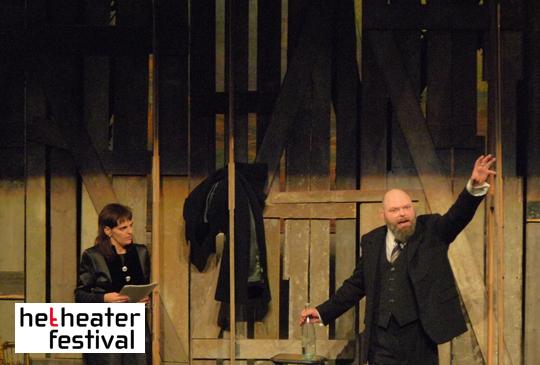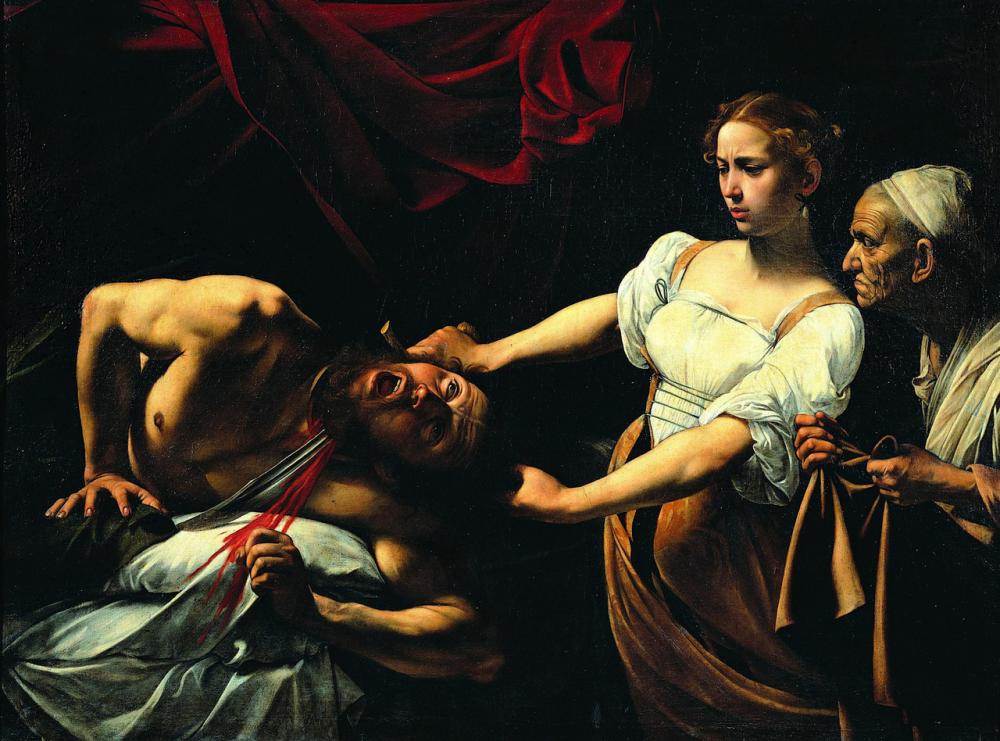Brandhout. Een irritatie
In the mid-Eighties Thomas Bernhard (1931-1989) wrote a trilogy devoted to art: Der Untergeher (1983) about the pianist, Glenn Gould, Alte Meister (1984) about painting, and Holzfällen (1985) about the theatre. Twelve years after the monologue Oude Meesters, adapted from the second part of this trilogy, Damiaan De Schrijver and Jolente De Keersmaeker thought the time had come for a new soliloquy, Brandhout. Een irritatie after Holzfällen. Eine Erregung.
Bernhard's constant criticism of Austria and its people caused numerous scandals and legal actions. The novel Holzfällen was banned immediately after publication. Bernhard took revenge by stipulating that his plays were not to be performed in Austria until fifty years after his death. In other words, Austrian audiences would have to wait until 2038 before they could see any of Bernhard's plays. Later on his will was reversed.
While everyone's waiting for the actor
who promised to come to supper in the Gentzgasse
after the performance of The Wild Duck,
around half past twelve,
I observed the Auersbergers from the ear armchair
I sat in almost daily in the Fifties,
and I said to myself that it had been a terrible mistake
to accept the Auersbergers' invitation.
(first sentence from the novel Holzfällen by Thomas Bernhard)

